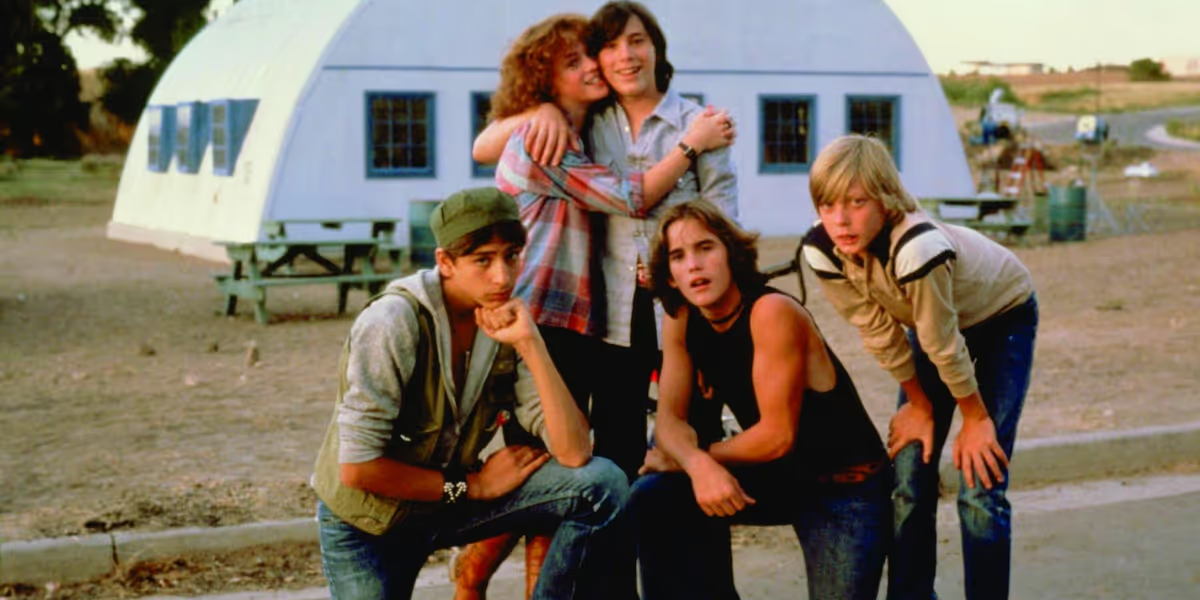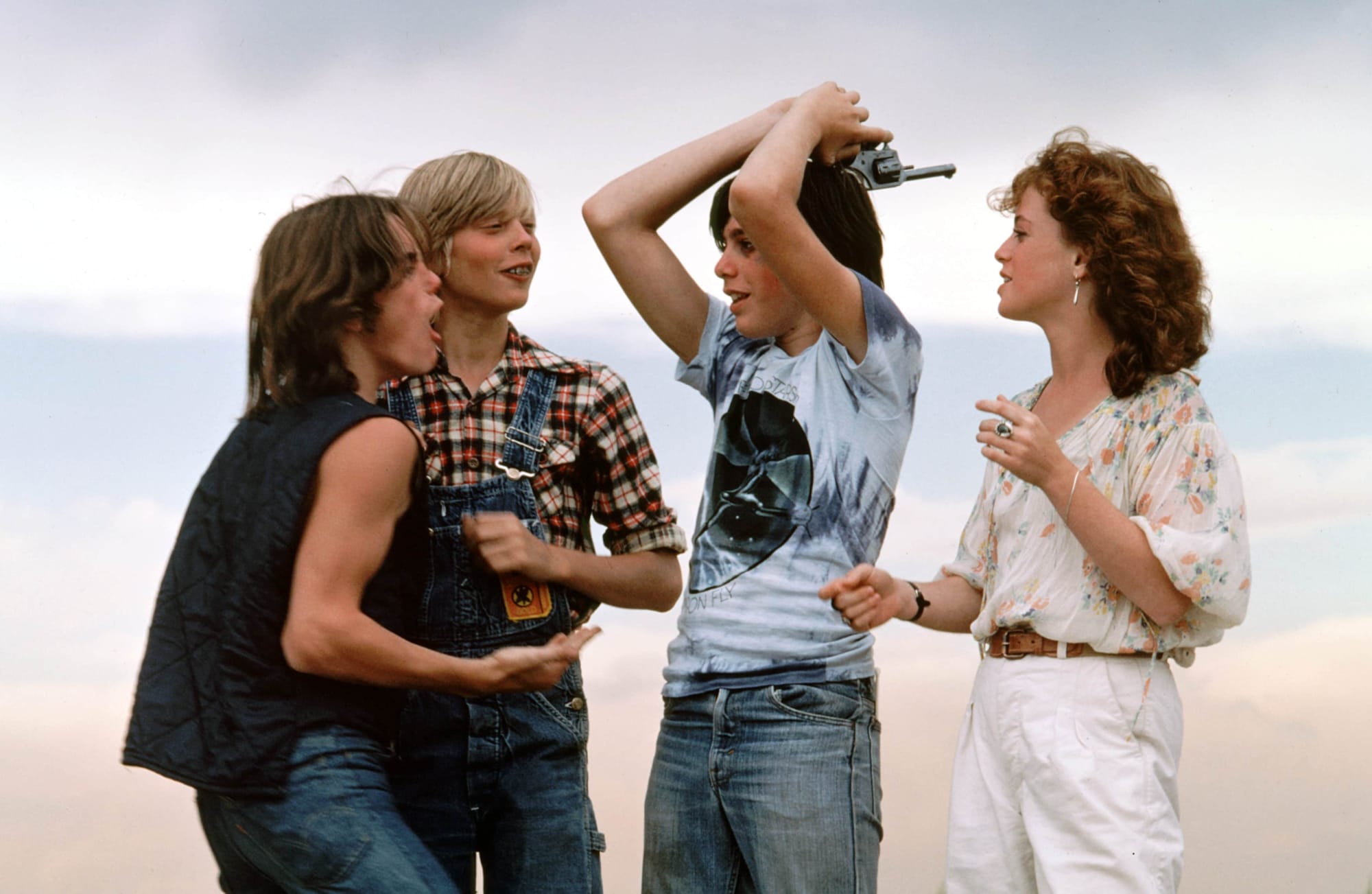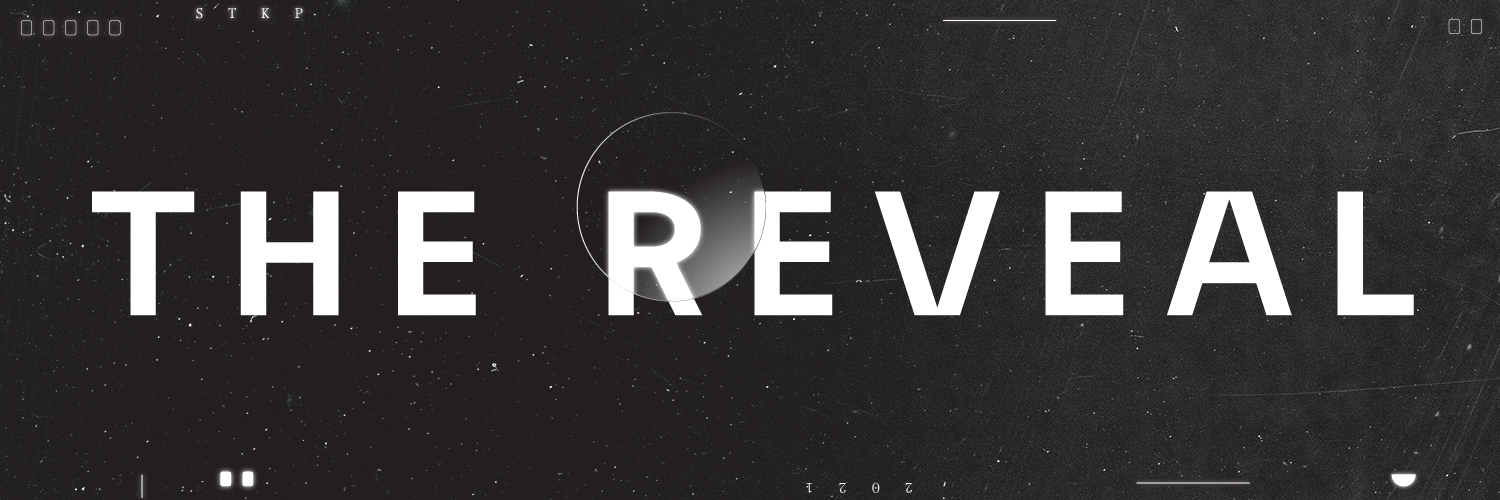Teen Apocalypse: On Jonathan Kaplan’s 'Over the Edge'
The late director Jonathan Kaplan's influential cult classic connects teenage rebellion with poor city planning.

“When I finally met Matt at the audition, I asked what his parents did for a living. He said, ‘My father is a fucking stockbroker and my mom, she don’t do shit.’”
That’s director Jonathan Kaplan talking about Matt Dillon, the 14-year-old he cast as Richie, a charismatic ne’er-do-well in Over the Edge, his 1979 coming-of-age film about restless teenagers in a planned community in Colorado. Kaplan was speaking to writer Mike Sacks, whose fascinating 2009 oral history for Vice Magazine affirmed the film’s reputation as a Gen-X touchstone, with admirers like Kurt Cobain (who told the biographer Michael Azerrad that it “pretty much defined my whole personality”) and filmmakers Harmony Korine and Richard Linklater, whose Kids and Dazed and Confused, respectively, bear its unmistakable imprint.
Dillon had no acting experience when he was discovered at a middle school in Westchester, New York—the talent scout, Jane Bernstein, told Sacks that she found him skipping class and just wandering the halls—but that line about his parents captures the essence of the film so well that Richie himself could have said it. The whole point of casting nonprofessionals is to enhance authenticity and here was a well-off suburban kid who, in Bernstein’s words, “was presenting himself as a tough guy from the wrong side of the tracks.” She was asked to find a James Dean type, and here was a real-life rebel without a cause. Perfect casting.
Kaplan died over the weekend at 77, ending a career that started under Roger Corman in the early ‘70s with films like Night Call Nurses and The Student Teachers, and later took shape with the highly regarded 1974 blaxploitation film Truck Turner, the 1975 action film White Line Fever, Over the Edge, and Heart Like a Wheel, a well-regarded 1983 sports biopic about trailblazing drag racer Shirley Muldowney. Once Kaplan transitioned fully to Hollywood in the mid-to-late ‘80s, it proved to a bumpy ride, but he did exceptional work on 1988’s The Accused, anchoring a provocative drama about sexual assault in social class and perceptions of “promiscuity,” which are obstacles to a poor young woman seeking justice. Though his 1992 hit Unlawful Entry remains one of the better “sexy thrillers” of the era, Kaplan shifted more into TV later in his career, most notably as a go-to director on a few prime seasons of ER.

I had never seen Over the Edge until hearing of Kaplan’s passing—I think I had confused it with the mid-‘80s lost-youth film River’s Edge, which in my defense was directed by Tim Hunter, who co-wrote Kaplan’s film—and it was a revelatory experience. The secret strength of The Accused, beyond the obvious merits of Jodie Foster’s lead performance and its startling candor as an issue film, is Kaplan’s evocation of place, from the under-the-bridge dive bar where his heroine is assaulted to the shabby interiors of the trailer her waitressing job can afford her. Setting is everything in Over the Edge—or, at least, it’s the true source of the conflict, much more than any generalities you might want to make about misspent youth in the late 1970s. The film is a reminder that humans are animals who live in a habitat, too, and even though we have the intelligence and will to create those habitats for ourselves, the line between utopia and dystopia can be thinner than we imagine. Sometimes it’s a city’s architects who are not all right and the kids merely follow.
This post is for paying members only
Sign up now to read the post and get access to the full library of posts for subscribers only.
✦ Sign up